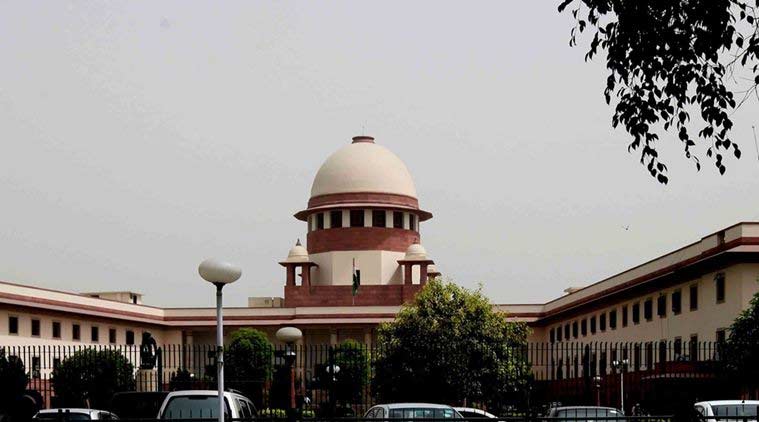 The bench, which includes Justices Kurian Joseph, R F Nariman, S K Kaul and Indu Malhotra, is looking into the question whether the 2006 decision of the apex court in M Nagaraj Vs Union of India requires reconsideration. (Representational Image)
The bench, which includes Justices Kurian Joseph, R F Nariman, S K Kaul and Indu Malhotra, is looking into the question whether the 2006 decision of the apex court in M Nagaraj Vs Union of India requires reconsideration. (Representational Image)
Scheduled Castes and Scheduled Tribes have suffered social inequalities for thousands of years and it should be presumed that they are backward even now for the purpose of extending reservation in promotions to them, the Centre told the Supreme Court Friday. Appearing for the Centre, Attorney General K K Venugopal told a five-judge bench, headed by Chief Justice of India Dipak Misra, that Article 16(4) (a) which deals with reservation and enables the state to make provision for reservation in promotions for SC/STs was a call to affirmative action.
“It represents thousands of years of backwardness. Affirmative action will have to proceed on the basis of Article 335 (claims of SC/STs to devices and posts). State will have to presume that there is backwardness”. The bench, which includes Justices Kurian Joseph, R F Nariman, S K Kaul and Indu Malhotra, is looking into the question whether the 2006 decision of the apex court in M Nagaraj Vs Union of India requires reconsideration.
The Nagaraj verdict said that if the state wanted to provide reservation in promotion for SC/STs, it must first collect quantifiable data showing backwardness of the class and inadequacy of representation of that class in public employment. The state will also have to take into account the likely impact on overall administrative efficiency.
The Centre has taken the stand that the judgment needs to be reconsidered. Venugopal termed the Nagaraj judgement as non-implementable. The bench, however, asked him to explain how backwardness could be determined without quantifiable data to back it. And why had states not collected quantifiable data since 2006. “Because it’s a dynamic process. People die, retire or are transferred and data keeps fluctuating,” replied the AG. Justice Joseph asked if there was a roster at only the entry level or was there one for promotions too. The AG replied there was one now for promotions and added: “Since roster is there, it satisfies a quantifiable data. In each case we don’t need to get additional data.”
CJI Misra pointed out that the Constitution requires the state to decide inadequacy in representation. The AG said that the Nagaraj judgment “added backwardness as a condition” and that “it goes against the very grain of reservation”.
Opposing this, senior counsel Rajeev Dhavan said backwardness was the pre-requisite for Article 16(4) — the provision enables the state to make reservations for any backward classes which are inadequately represented in services of the state. “This prerequisite does not go away,” he said, adding the backwardness in any class has to be proved. “Examination of backwardness is central to the very notion of 16(4)”, he said and added that the concept of creamy layer can be applied to SC/STs too. Currently it applies only to Other Backward Classes.
The Nagaraj ruling had said that the creamy layer concept cannot be applied to SC/STs for promotions in government jobs. Subsequent to the Nagaraj decision, various High Courts struck down decisions for reservation in promotions taken by state governments following which the states came in appeal to the Supreme Court.
Different benches of the apex court said the matter should be examined by a Constitution bench. But as the setting up of the Constitution bench got delayed, Venugopal requested the CJI last month to hear it urgently saying lakhs of jobs in Railways and services were stuck due to the confusion over various judicial pronouncements on the question.